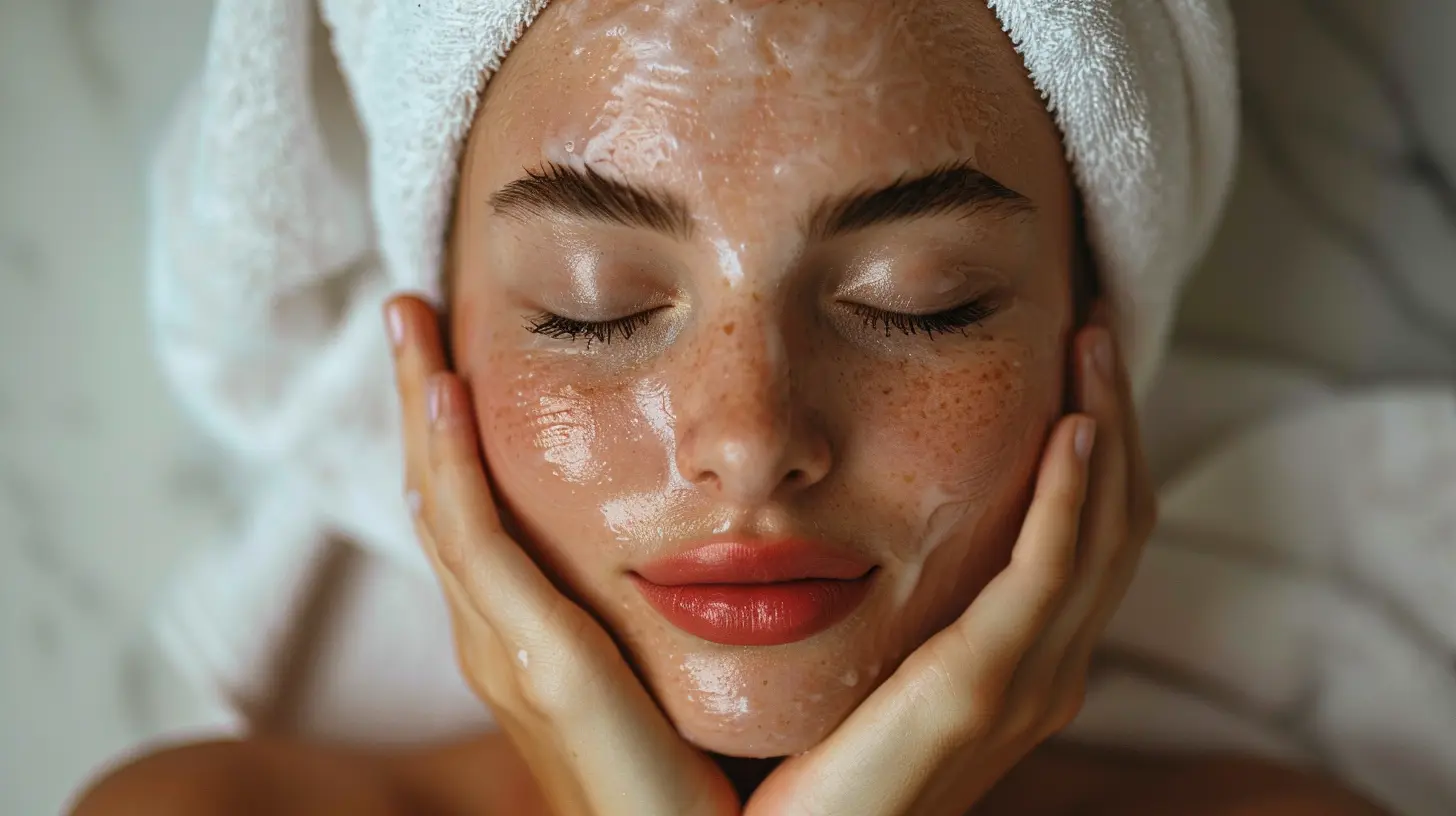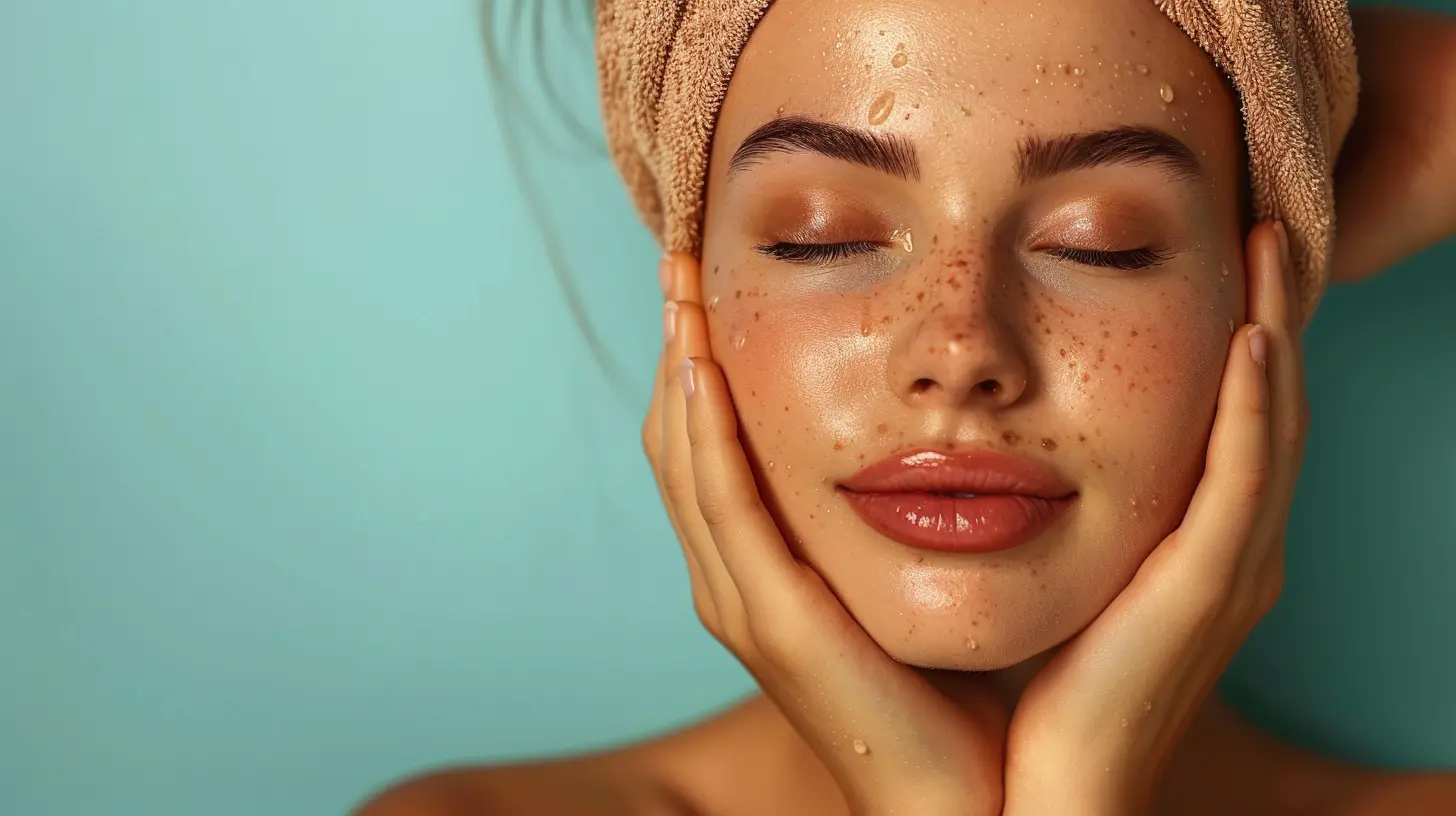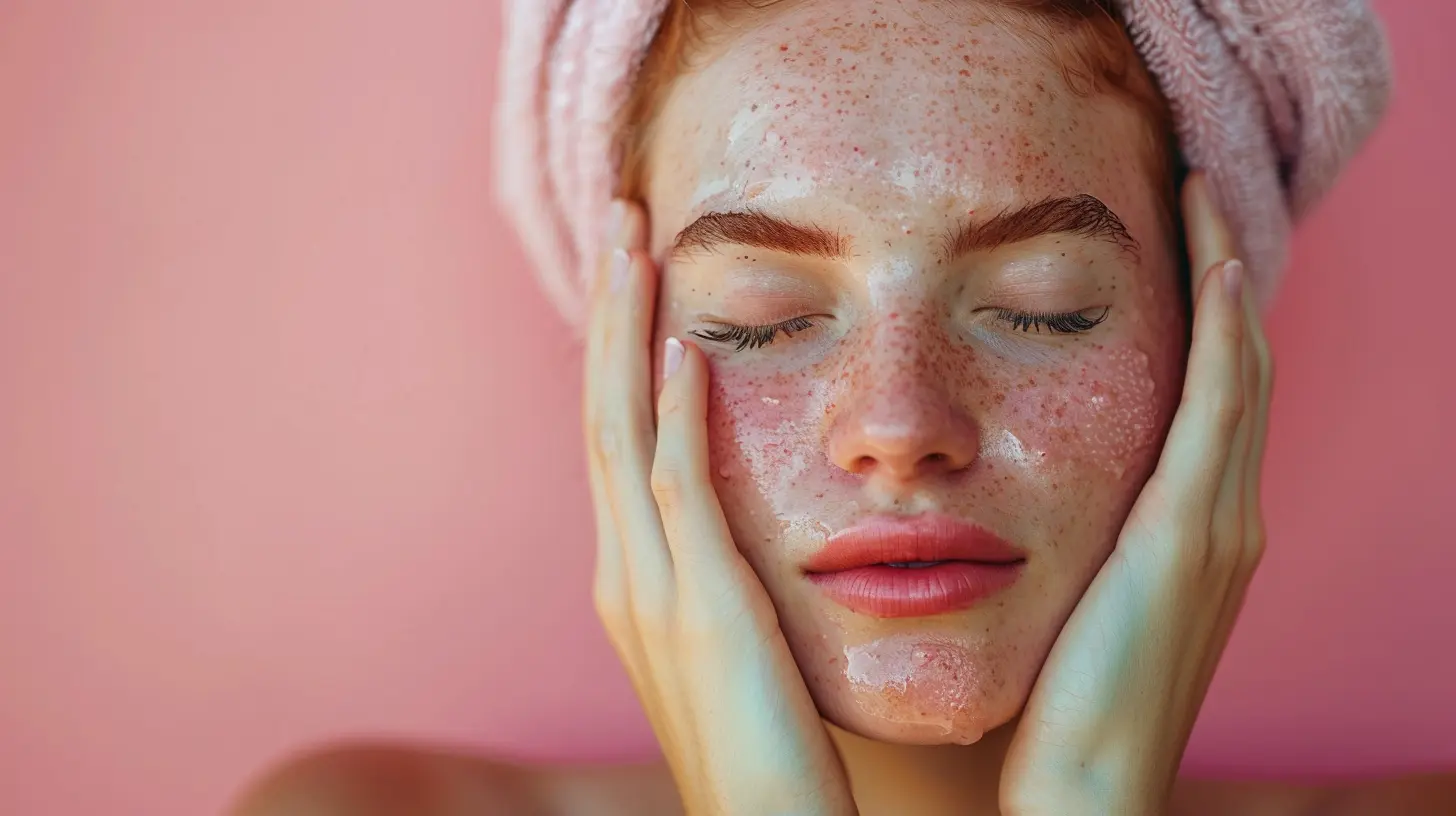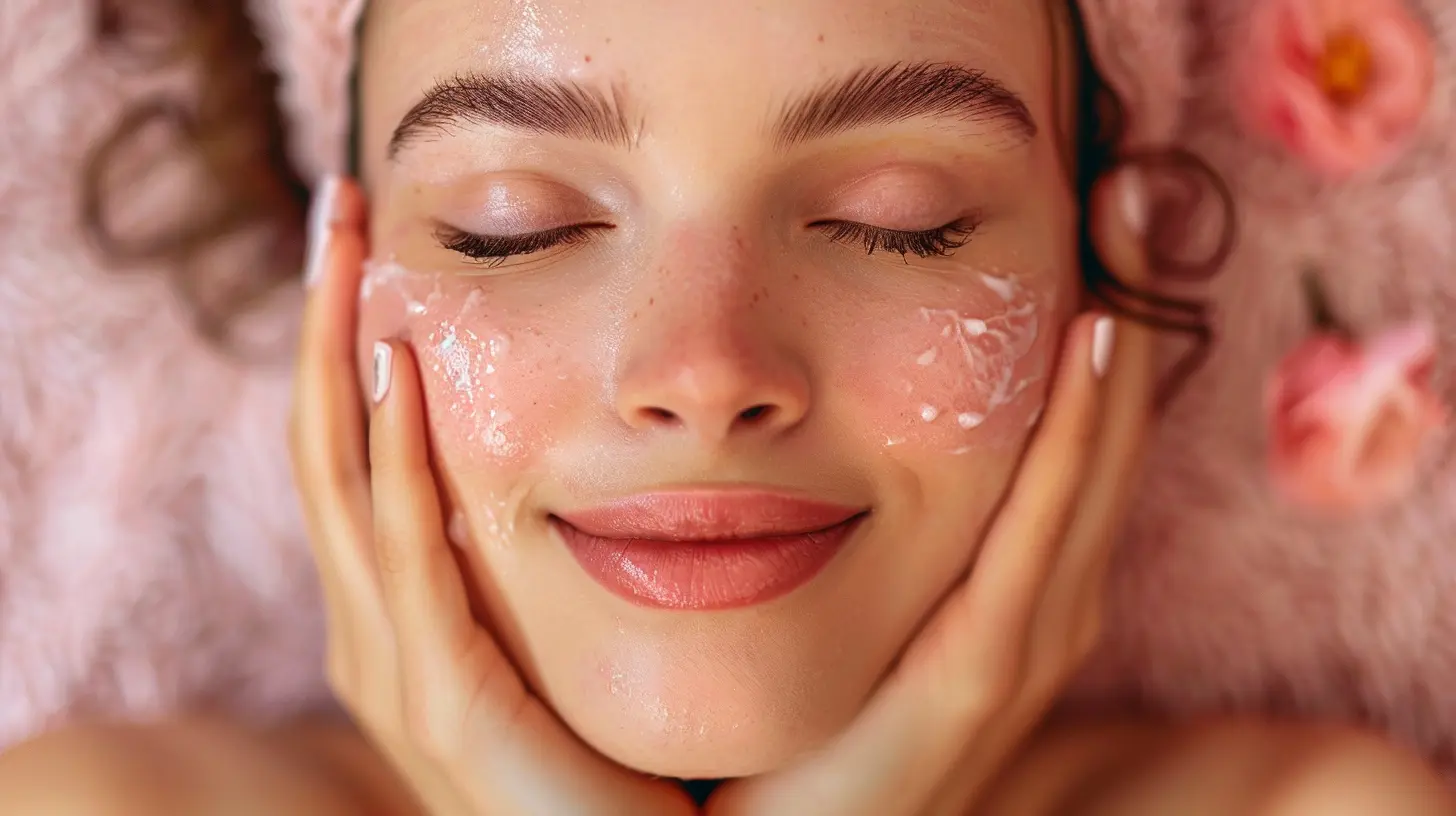Ways to Calm and Treat Irritated Skin
27 October 2025
We’ve all been there—one minute your skin feels great, the next, it’s red, itchy, and completely out of control. Whether it’s from a new skincare product, a sudden change in weather, stress, or even a fabric that didn’t agree with you, irritated skin is no fun. The good news? You don’t have to suffer in silence or load up on expensive creams to find relief.
In this post, we’re going to break down the real, practical, and easy ways to calm and treat irritated skin. We'll cover everything from what's causing the irritation to natural remedies and skincare tips that actually work. Ready to give your skin some serious TLC? Let’s dive in.
What Causes Irritated Skin?
Before we talk solutions, it helps to know what's behind the problem. Think of your skin like a moody friend—it reacts when it doesn’t get what it likes.1. Allergens and Irritants
This could be anything from a new detergent to a skincare product with too many harsh ingredients. Your skin might react by getting red, itchy, flaky, or bumpy.2. Weather Changes
Cold, dry air literally sucks the moisture right out of your skin. On the flip side, heat and humidity can cause sweat and oil buildup, clogging pores and causing irritation.3. Stress
Yes, your skin is totally in tune with your mood. Stress messes with your hormones, leading to inflammation and skin sensitivity. Ever notice a breakout right before a big event? That’s stress at work.4. Skin Conditions
If your skin is often irritated, you could be dealing with something like eczema, rosacea, psoriasis, or acne. It’s worth checking with a dermatologist if your symptoms are persistent.
Signs Your Skin Is Irritated
Not sure if your skin is just dry or truly irritated? Here are some telltale signs:- Redness
- Burning or stinging sensation
- Itchiness
- Swelling
- Flaking or peeling
- Bumps or rash
- Sensitivity to touch or products
If any of that sounds familiar, don’t worry—you’re not alone. Now let’s talk about how to fix it.
Easy and Effective Ways to Calm and Treat Irritated Skin
1. Stop Everything (Seriously)
The first step? Hit pause. Stop using any new products or anything with active ingredients like retinol, AHAs, BHAs, or Vitamin C. These can make irritated skin even worse.Think of it like giving your skin a mini-vacation. Just stick to the basics: cleanse, moisturize, and protect.
2. Cleanse Gently
Your skin is already mad, so don’t poke the bear. Go for a mild, fragrance-free cleanser without sulfates or alcohol. It should leave your skin feeling clean but not tight or dry.Try this tip: Use lukewarm water—not hot! Hot water strips your skin’s natural oils and can make irritation worse.
3. Moisturize Like Your Life Depends on It
Dry, irritated skin is often a sign your skin barrier is damaged. The right moisturizer can help repair it. Look for products with:- Ceramides – These help rebuild the skin barrier.
- Hyaluronic acid – Hydrates without being heavy.
- Colloidal oatmeal – Soothes and calms inflammation.
- Shea butter or squalane – Natural emollients that lock in moisture.
Apply moisturizer to damp skin to seal in hydration better.
4. Use a Cool Compress
One of the simplest and fastest ways to reduce redness and swelling is with a cool compress. Just soak a clean washcloth in cool (not icy!) water and hold it on the irritated area for 5–10 minutes.It’s like a stress ball for your skin.
5. Oatmeal Baths Aren't Just For Babies
Having a full-body skin freakout? A colloidal oatmeal bath can work wonders. It calms itchiness, reduces inflammation, and softens rough or scaly patches.Heads up: make sure you’re using colloidal oatmeal (finely ground oats)—not the stuff you eat for breakfast.
6. Avoid Harsh Exfoliants
Scrubbing your face when it’s already upset is like yelling at someone when they're crying—it just makes things worse. Skip the scrubs, brushes, and acids until your skin calms down.If you need to exfoliate, stick to something super gentle like a soft washcloth or enzyme-based product once or twice a week (after your skin is back to normal).
7. Keep It Simple
Now’s not the time to play chemist. Avoid layering multiple products or trying a bunch of new stuff. Stick to a minimal routine:- Gentle cleanser
- Calming moisturizer
- Sunscreen (always)
Less is more when your skin is irritated.
8. Natural Remedies That Actually Work
Not all DIY treatments are skin-friendly, but some natural ingredients can really help when used correctly.Aloe Vera
Aloe is the OG skin soother. Use pure aloe gel (from the plant or a store-bought one with no added alcohol or fragrance) to calm inflammation and hydrate.Honey
Raw honey has antibacterial and anti-inflammatory properties. Dab a little on irritated areas and leave it on for 10–15 minutes before rinsing.Coconut Oil
For dry, flaky skin, a little coconut oil can help lock in moisture. Just be cautious—if you’re acne-prone, it may clog pores.Green Tea Compress
Soak a green tea bag in water, let it cool, and press it gently onto irritated skin. The antioxidants and anti-inflammatory properties can help reduce redness and soothe irritation.> Quick note: Always do a patch test when trying natural remedies. Just because it’s natural doesn’t mean your skin won’t react.
9. Say No to Fragrance
Fragrance can be super irritating, even if it smells amazing. Look for products labeled “fragrance-free” (not “unscented,” which can still include masking scents). This applies to everything: skincare, laundry detergent, body wash—you name it.10. Protect With Sunscreen
Sun exposure can make irritated skin way worse. Go for a mineral (aka physical) sunscreen with zinc oxide or titanium dioxide. These are gentler on sensitive skin and provide solid protection without the chemicals that can cause a reaction.11. Stay Hydrated and Eat Skin-Healthy Foods
What you put inside your body shows up on your skin. Drink plenty of water and eat foods rich in:- Omega-3s (salmon, flaxseed)
- Antioxidants (berries, leafy greens)
- Vitamin E (avocados, almonds)
It’s like feeding your skin from the inside out.
12. Mind Your Stress Levels
Remember how we said stress affects your skin? Try things like deep breathing, yoga, or even just going for a walk. Better yet—take a break from social media for a day. Your skin (and your brain) will thank you.
When to See a Dermatologist
If your skin doesn’t get better after a week of TLC—or if it gets worse—don’t wait it out. Go see a dermatologist. You could be dealing with something more serious like eczema, rosacea, or an allergic reaction that needs prescription treatment.Prevention Tips: Keep Irritation From Coming Back
Once your skin has calmed down, the goal is to keep it that way. Follow these skin-saving habits:- Use a gentle, consistent skincare routine
- Avoid playing product roulette (introduce one new product at a time)
- Moisturize daily
- Protect your skin from the sun
- Choose soft, breathable fabrics (like cotton)
- Wash your pillowcases and makeup brushes regularly
Final Thoughts
Irritated skin can be frustrating, uncomfortable, and even a little scary—but you’ve got this. With the right care, a little patience, and a simplified skincare routine, your skin can get back to its happy, healthy self in no time.So the next time you feel that sting or see that unexpected redness, don’t panic. Give your skin some love, keep things chill, and let it heal. Trust me—it’s worth the effort.
all images in this post were generated using AI tools
Category:
Healthy SkinAuthor:

Sophia Wyatt
Discussion
rate this article
1 comments
Bryce McNeal
“Embrace gentle care for your skin—small, mindful steps can lead to a radiant transformation. You’ve got this!”
November 7, 2025 at 3:26 AM

Sophia Wyatt
Thank you! Absolutely, taking mindful steps is key to nurturing our skin. Your support means a lot!


